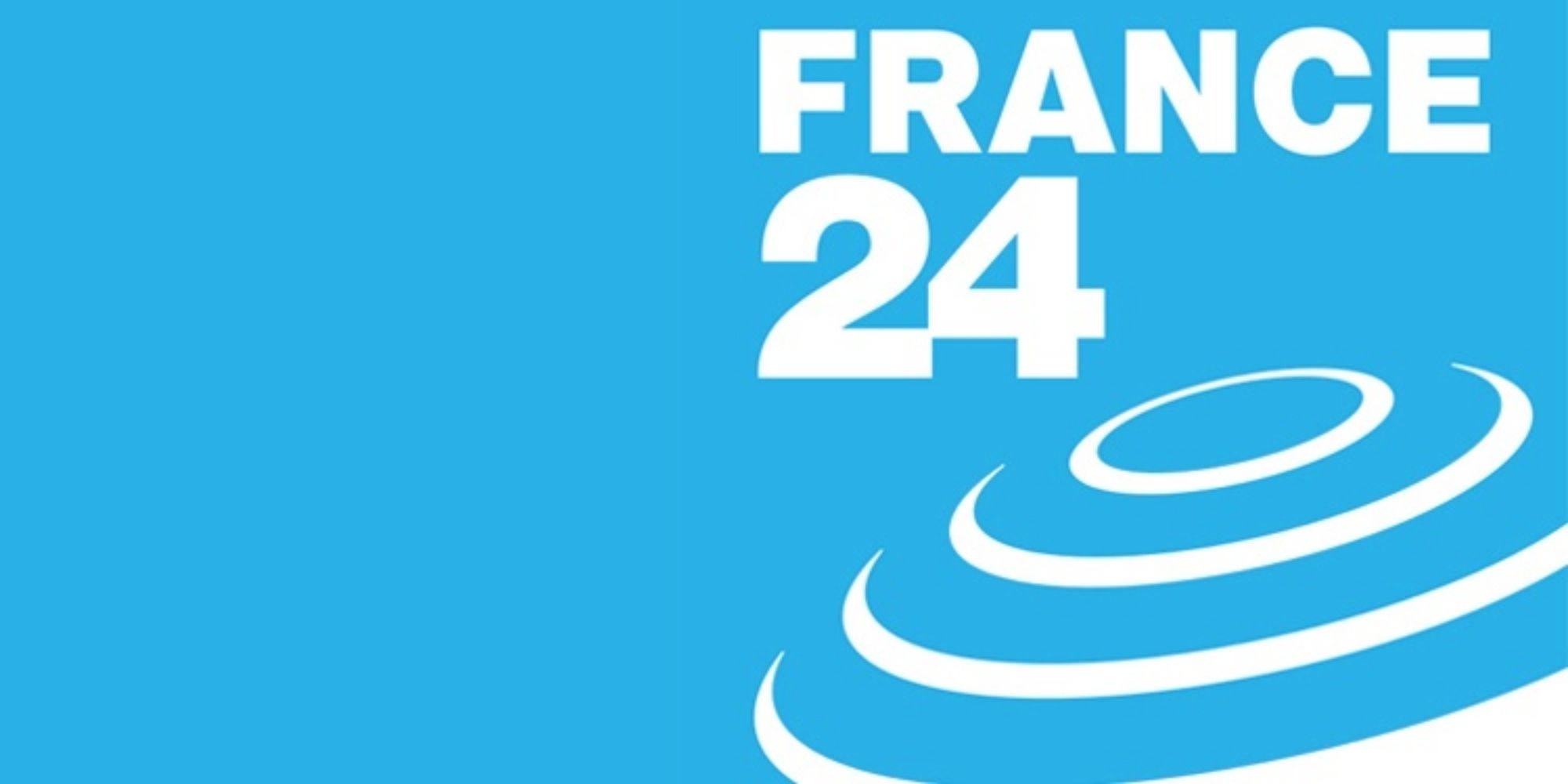Europe1 .fr with AFP 09:22, March 28, 2023
Burkina Faso announced Monday to stop the broadcast of France 24 on its territory after the interview of an al-Qaeda leader. A decision that deplores the channel as well as the French government, which reaffirmed through the Ministry of Foreign Affairs its "determination in favor of freedom of the press".Burkina Faso's ruling junta has cut off the broadcast of France 24 on its territory, following an interview with the leader of Al-Qaeda in the Islamic Maghreb (AQIM), a decision that the French channel "strongly deplores".
"By opening its branches to the first head of AQIM, France 24 not only acts as a communication agency for these terrorists, worse it offers a space to legitimize terrorist actions and hate speech conveyed to satisfy the evil aims of this organization on Burkina Faso," said a statement signed Monday by government spokesman Jean-Emmanuel Ouedraogo.
>> Find Philippe Vandel and Culture-Médias every day from 9am to 11am on Europe 1 as well as in replay and podcast here
"The government has therefore decided responsibly, and in the name of the higher interest of the Nation, the suspension sine die of the broadcasting of France 24 programs throughout the national territory," the text continues.
"Legitimization of the terrorist message"
The channel's signal was cut around 9 a.m. (GMT and local) on Monday morning. On March 6, France 24 had decrypted, during a chronicle on set, written answers of Abu Obeida Youssef al-Annabi, the head of AQIM, to fifteen questions asked by the journalist of the French channel and specialist in jihadist issues, Wassim Nasr.
"We believe that this is part of a process of legitimizing the terrorist message and we know the effects of this message in our country. We cannot accept today that a media opens its antennas to this hate speech, "said Jean-Emmanuel Ouedraogo, interviewed by the national television RTB, Monday noon.
'Unfounded accusations'
In a statement from the Ministry of Foreign Affairs, the France "regrets the decision taken by the Burkinabe authorities to suspend the broadcasting of France 24" while reaffirming "its constant and determined commitment to press freedom". For its part, the management of France 24 deplores this decision in a statement and "contests the baseless accusations that question the professionalism of the channel", indignant "outrageous and defamatory remarks of the Burkinabe government".
The channel said it did not give the floor to the head of AQIM directly but through a "chronicle" that offered "the necessary distancing and contextualization", and confirmed "for the first time" that the French hostage Olivier Dubois "released since, was held by AQIM".
RFI broadcasting suspended in December
On Monday evening, the Burkinabe government reacted to a publication by another French media, Libération, on the analysis of a video showing, according to the daily's investigation, the execution of teenagers by soldiers in the north of the country. The government strongly condemns these manipulations disguised as journalism to tarnish the image of the country of honest men," the government said, assuring that the army acts "in strict compliance with international humanitarian law".
In early December, the junta in power in Ouagadougou had already suspended the broadcasting of Radio France Internationale (RFI), the same group as France 24, France Médias Monde. RFI was accused of having relayed "a message of intimidation" attributed to a "terrorist leader".
"The security crisis in the country must not be used as a pretext to muzzle the media and prevent journalists from covering it responsibly and independently," Reporters Without Borders (RSF) said, calling on "the authorities to reverse their decision."
Mali also concerned
For the past year, RFI and France 24 have also been suspended in Mali, also governed by a military junta. Both media, which closely cover African news, are widely followed throughout French-speaking Africa. France 24 said Monday to be followed in Burkina Faso "by a third of the population every week and more than 60% of executives and leaders".
Since 2015, Burkina Faso has been caught in a spiral of violence perpetrated by jihadist groups linked to the Islamic State and Al-Qaeda, which have left a total of 10,000 dead - civilians and soldiers - according to NGOs, and some two million displaced.
READ ALSO - RFI and France 24 permanently suspended in Mali
Captain Ibrahim Traoré, who came to power in a coup six months ago, had expressed in February his "intact determination" to fight the jihadists, despite the multiplication of attacks. Relations between France and Burkina Faso have deteriorated since Captain Traoré came to power.
In January, Ouagadougou authorities demanded and secured the departure of the French Sabre force, a contingent of 400 special forces soldiers for the Andijihadist fight in the Sahel. They had also called for the departure of France's ambassador, Luc Hallade, who was recalled to Paris for "consultations" and has still not been replaced. Finally, in early March, Burkina denounced a military assistance agreement signed in 1961 with the France.

